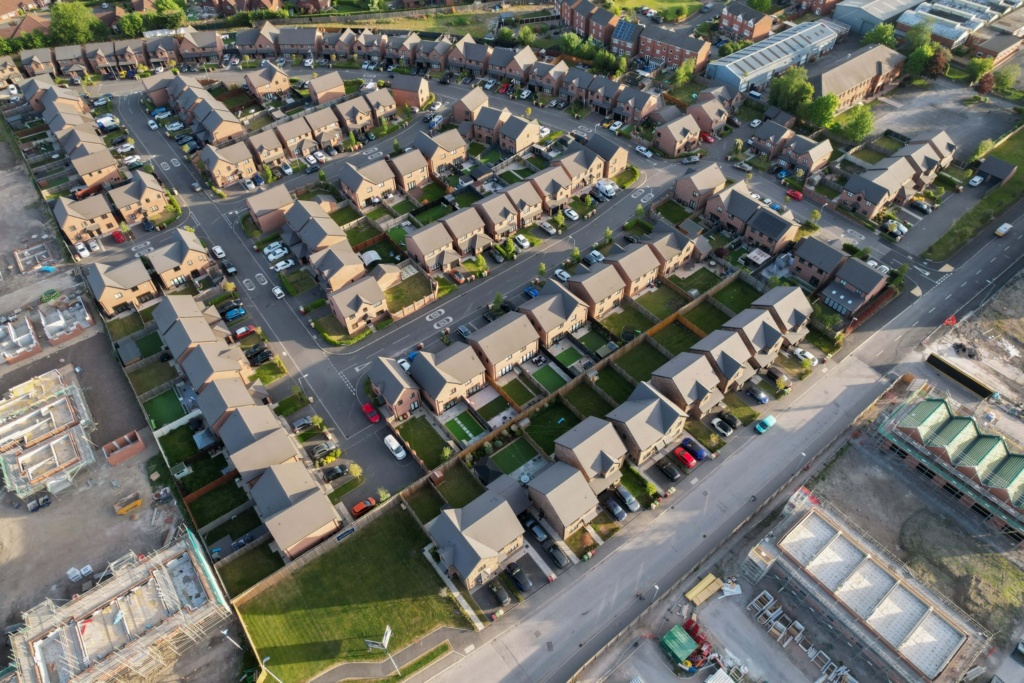Tuesday 16th September 2025
Affordable housing has long been a priority on political agendas, but too often the conversation stops once the cranes come down and the ribbon is cut.
With the government pledging to build half a million affordable homes in its first term, backed by £39bn in public funding, the emphasis has understandably been on speed, scale and headlines. But in the rush to “build, build, build”, we risk forgetting that building homes is just the first step towards truly making affordable housing a reality in this country. It is what happens next, including how those homes are managed, lived in and sustained, that determines whether they truly serve the communities they are meant to support.
This is where housing management plays a key role. It may not attract many headlines when done well, but its impact is significant. Housing management is what turns bricks and mortar into safe, secure homes. It ensures that affordable housing lives up to its social promise – not just on completion but for decades to come.
If we are serious about addressing the housing crisis, we must be equally serious about how homes are managed once the keys are handed over.
Good housing management covers everything from lettings and repairs to resident engagement, neighbourhood safety and long-term maintenance. Done right, it creates stable communities, supports resident wellbeing and generates trust in the social and affordable housing system. Done poorly – or neglected entirely – it leads to disrepair and, in some cases, even disaster.
It is not just about delivering social outcomes in isolation. For investors, effective management is what locks in long-term value.
With the government increasingly relying on private capital to help meet its ambitious housing targets, the question investors are asking is not just ‘how many homes?’ but ‘what kind of return?’ That return increasingly includes social and economic impact, not just financial gain. In fact, it is the social and economic outcomes – such as high resident satisfaction, well-managed assets, lower arrears, reduced turnover and fewer void periods – that often lay the foundation for sustained financial performance.
The sector needs more than just builders and landlords; it needs experienced housing operators that understand the full lifecycle of housing delivery – partners that can navigate complex regulation, maintain properties to high standards and, most importantly, put residents at the heart of decision-making. These are the players that can bridge the gap between capital and community, delivering value for money for the taxpayer, satisfaction for the resident and reliable returns for the investor.

Reframing the conversation
This shift is already under way. We are seeing for-profit registered providers increasingly team up with professional housing managers that bring scale, rigour and a focus on residents.
But the government has a role to play, too. As it pushes forward with its housing strategy, it must ensure that management quality is one of the metrics for success. That means encouraging partnerships between investors, housing providers and expert operators, as well as setting standards not just for construction but for care, recognising that a well-managed home is a public good, just as much as a newly built one.
This is where the conversation about affordable housing needs to be reframed. Instead of measuring progress purely in the number of new affordable homes delivered, we need to start measuring it in outcomes: improved lives, thriving communities and sustained value. A home is not a product but a daily experience, and that experience is shaped not by the builder who laid the bricks but by the team that shows up day after day to fix the boiler, respond to concerns and create a sense of place.
When the headlines fade and the construction dust settles, what remain are the people who live there and the systems that support them. If we want to ensure that affordable housing is not just more housing but better housing, then housing management must become a bigger part of the equation.

Claire Kober
Managing Director (Homes), Pinnacle Group
This article was originally featured in Property Week, on 3rd September 2025.